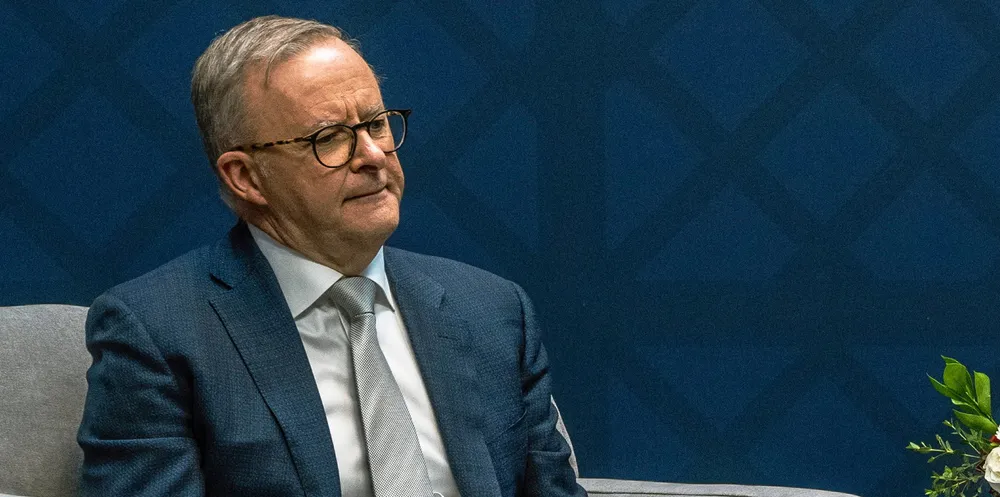Australia unveils plan to go toe to toe with US on green subsidies
Anthony Albanese was elected as Australia’s Prime Minister on pledge to turn country into a 'renewables superpower'

Anthony Albanese was elected as Australia’s Prime Minister on pledge to turn country into a 'renewables superpower'
